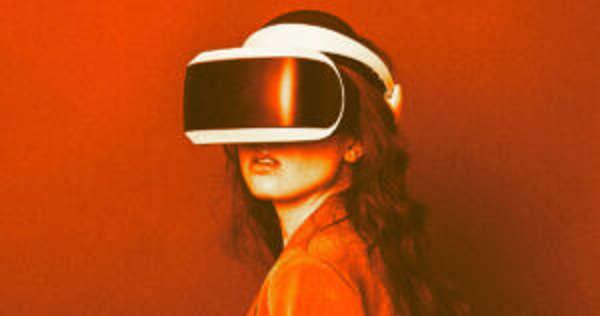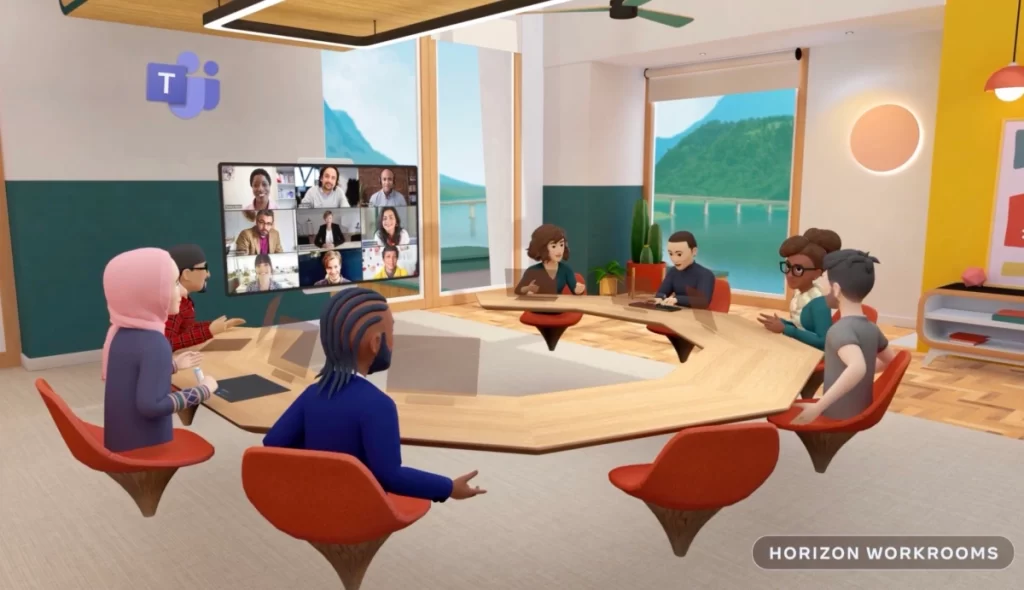Mark Zuckerberg has put a lot of effort into presenting his costly metaverse as the future of employment. Tech is already a fundamental part of the modern workplace, and many individuals work remote or hybrid schedules, so why not join your coworkers in virtual or augmented reality?
“The feeling of presence that you get from VR, even today,” Zuckerberg declared during his Connect 2022 keynote speech, “can already be better than what you get in video chat.”

This pitch doesn’t seem farfetched, but according to the people who are already using the metaverse, it doesn’t provide the “sense of presence” quite yet. “I am immersed in the metaverse, have a big headset on, and then I need to take off the Oculus, look on my phone for the two-factor authentication code that’s been sent to my phone, then memorize the number, put my headset back on, and try to key it in,” an employee at the tech-consulting firm Accenture, a major Meta funder that’s attempting to implement Oculus into the workspace, told Slate. “However, when you remove the Oculus, it goes into sleep mode, and I was trying to navigate the back and forth.”

Workers have also noticed several obvious accessibility concerns, especially for people with disabilities such as motion sickness. And once someone enters their virtual workstation, the challenges don’t stop there—even figuring out basic social signs and customs appears to be challenging, and most concur that any benefits of present-day VR fail to exceed the numerous drawbacks.
Nonetheless. At least for the time being, it sounds dreadful. While we are unable to attend meetings due to whatever these things are, we are content to peck away on our poor little laptops for the time being.


